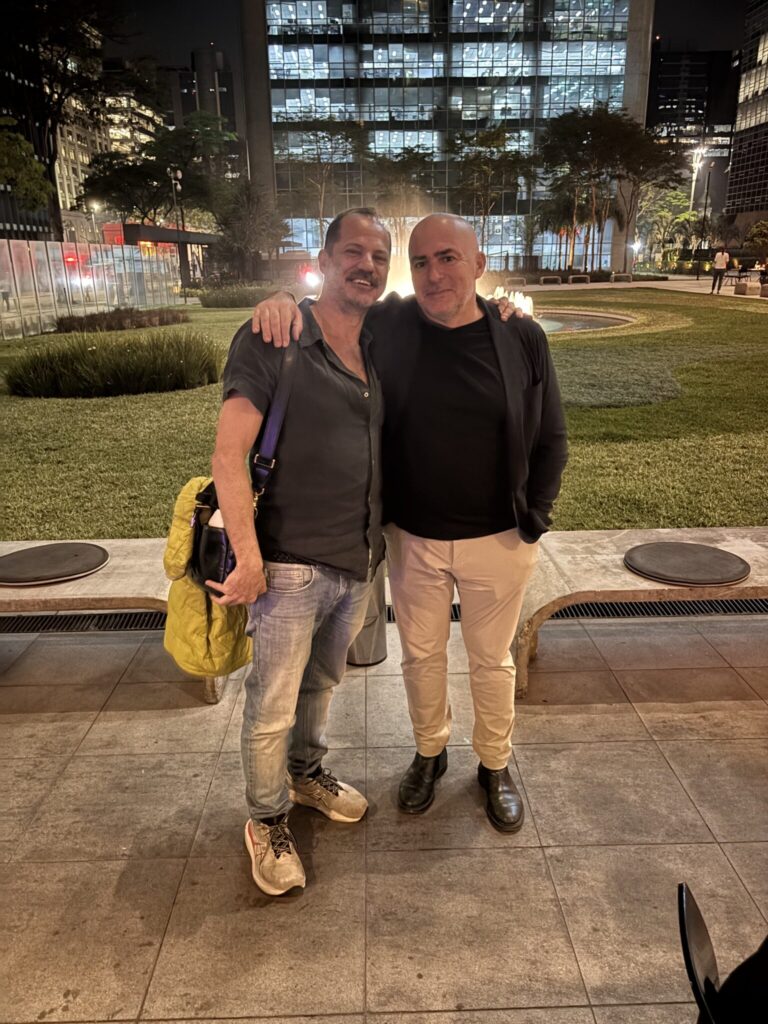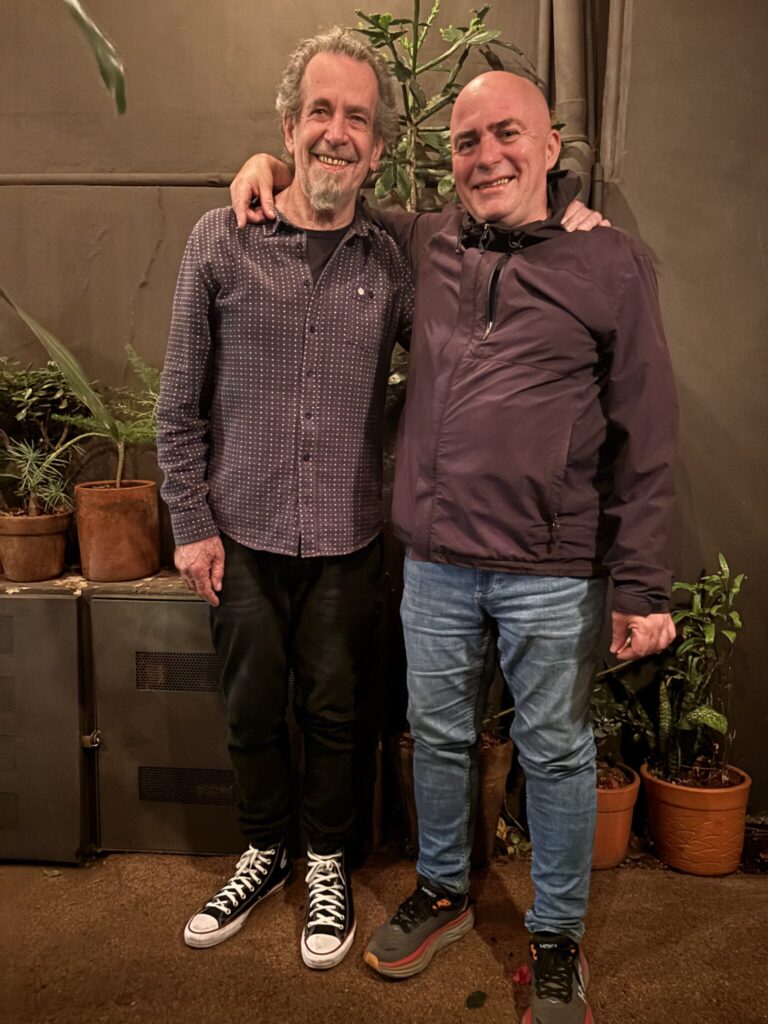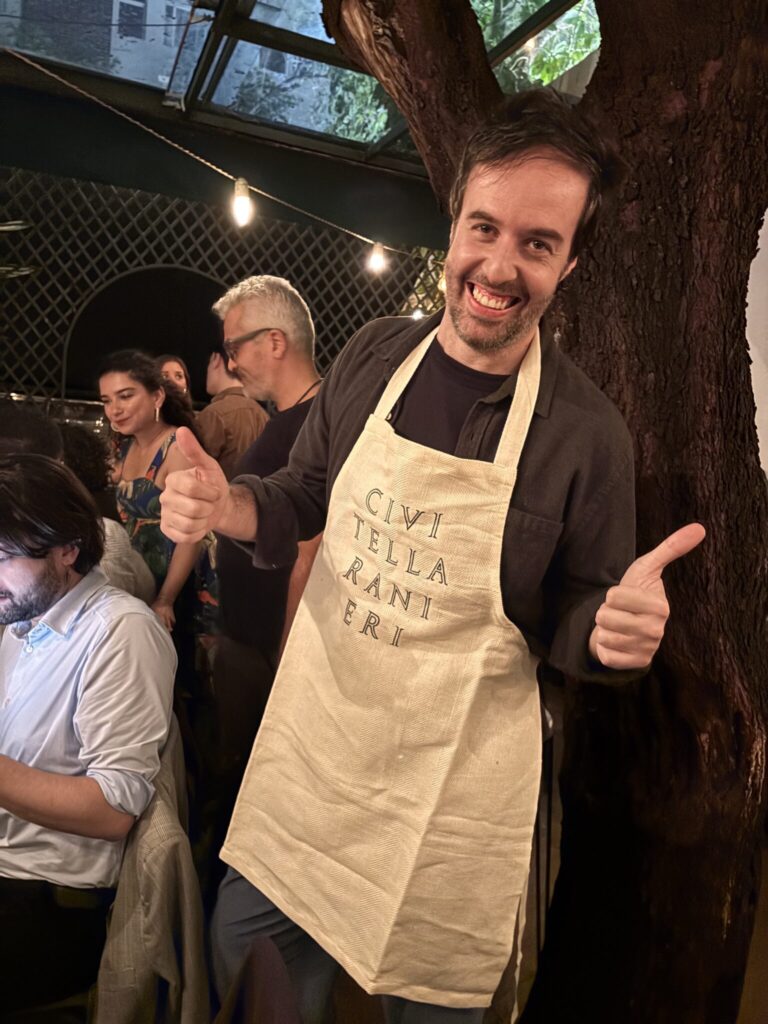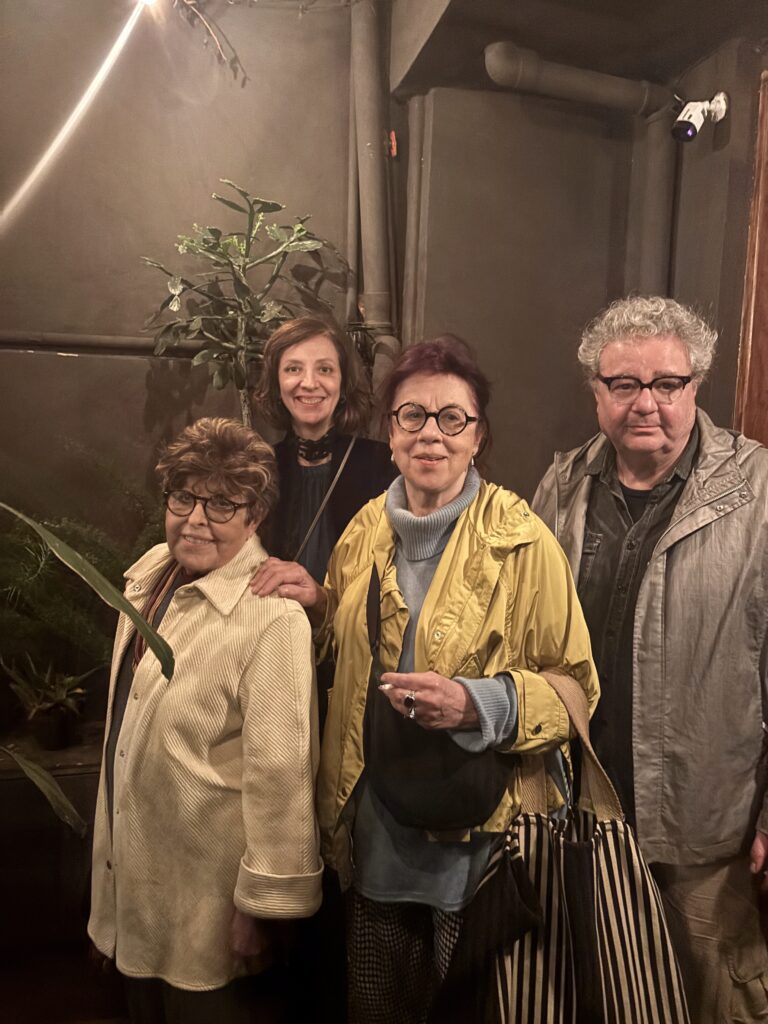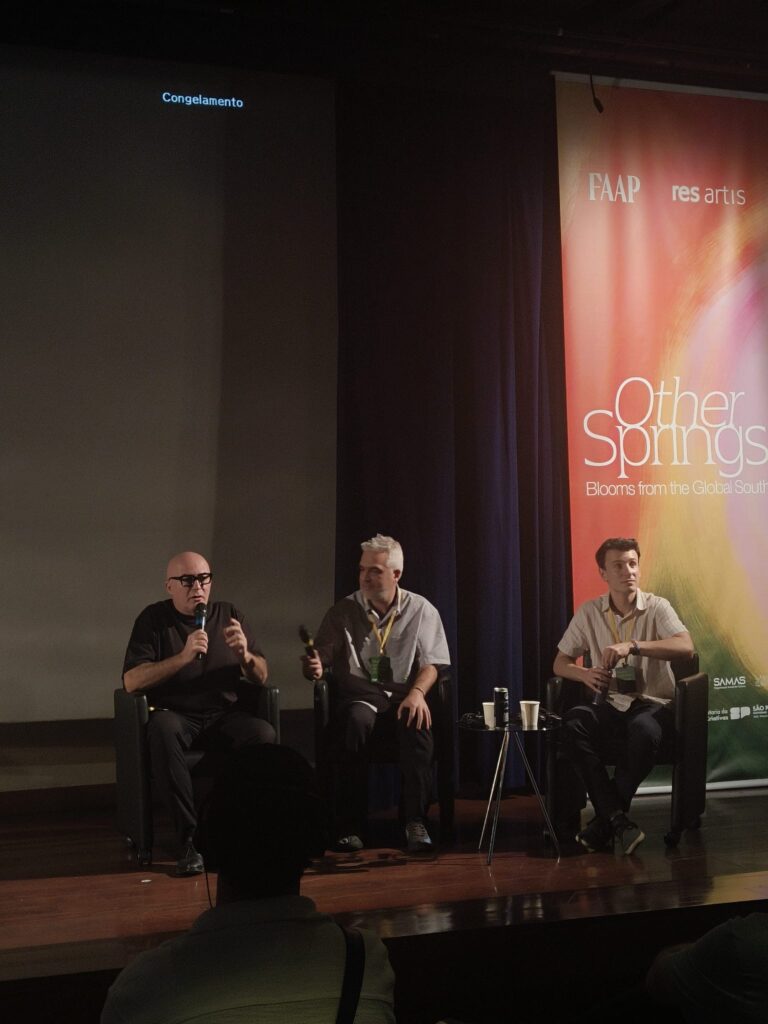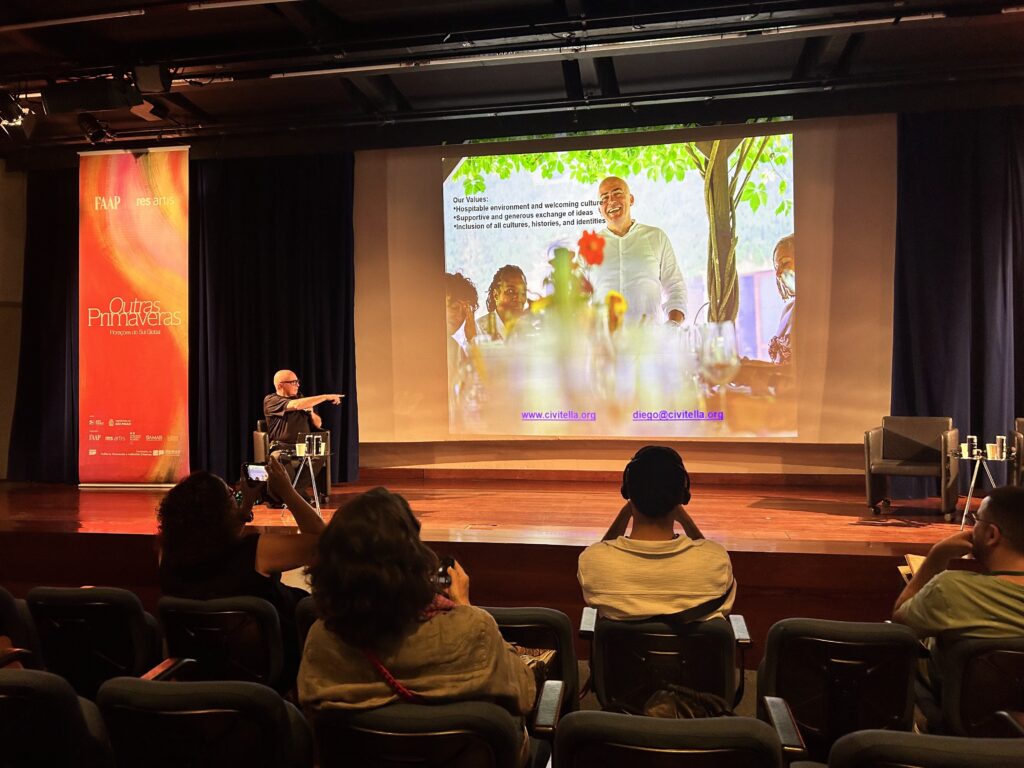Civitella’s Residency Director, Diego Mencaroni represented Civitella at the annual Res Artis conference, which took place this year in São Paulo, Brazil—the first time in Latin America in its 32 years. This year’s theme was “Other Springs: Blooms from the Global South” and Diego connected his work with Civitella Ranieri. The talk, titled “Mobility and equity of fellows coming from the Global South: challenges, difficulties, obstacles, and solutions,” took place on September 21st. Diego writes:
The international mobility of artists is becoming an issue that is increasingly addressed by those working in the field of artist residencies. After speaking on this topic at the IFACCA conference in South Korea, I had the honor of sharing Civitella Ranieri’s experience at the Res Artis conference, the international network of artist residencies.
I illustrated the main challenges and difficulties that we face on a daily basis, both as professionals and as Fellows. I explained how a selection system like ours (a closed application based on nominations), if well structured, can reach artists from areas of the world where accessibility and resources are limited.I also talked about how difficult it is for many Fellows from the so-called Global South to obtain visas.Last but not least, I brought to the attention of the audience, about 200 people, the Fellows’ Fund resource, which allows our program to be more equitable for our fellows.
During the Q&A, I illustrated how we were able to overcome these difficulties and how important is for an artist residency program like Civitella to be diverse and equal. Diversity is fundamental because it stimulates conversation.
I always found the Res Artis Conferences very interesting; since 2016 I have attended all but one yearly conference and I must say that participating in these types of conferences keeps us up to date on what is happening globally in our field of work. Over the years, and also in Brazil, we have developed new contacts and addressed topics of utmost importance.I believe that attending these events not only increases our visibility but also improves the quality of life of our Fellowship recipients.
Furthermore, I also attended the Sao Paulo Biennial, where the works of three Fellows were on display: Michele Ciacciofera (CRF 2016), Pélagie Gbaguidi (CRF 2018), and Theo Eshetu (CRF 2002).
Last but not least, the trip to Sao Paulo gave me the opportunity to reconnect with many alumni, including some who were at Civitella in the early days. I met with Regina Silveira (CRF 1995), Carmela Gross (CRF 1996), Claudio Mubarac (CRF 1996), Sandra Cinto (CRF 2005), Joao Paulo Cuenca (CRF 2013), Wilson Sukorski (CRF 2013), Mauro Restiffe (CRF 2014), and Emilio Fraia (CRF 2022).
Discussions at the conference also centered on the themes of the role of education in and around artist residencies, and residencies and the natural world. Res Artis writes, “Art residencies are increasingly recognized as valuable spaces for education and as sites of ongoing learning, fostering knowledge exchange and mentorship. Whether through partnerships with educational institutions or independent initiatives, residencies offer artists opportunities to teach, learn, and engage with communities.” Group 4 Fellows’ participation in events outside the Castle provides valuable reflection on how residencies shape learning experiences for both artists and the communities they engage. The theme of residencies and the natural world explored the potential for sustainable practices through mindful engagement with local communities, resources, and ecosystems. This prompted Civitella to reflect on and celebrate how it operates as a unique model for sustainable living, integrating eco-conscious practices into daily operations and fostering regenerative approaches to resource management and collaboration.
